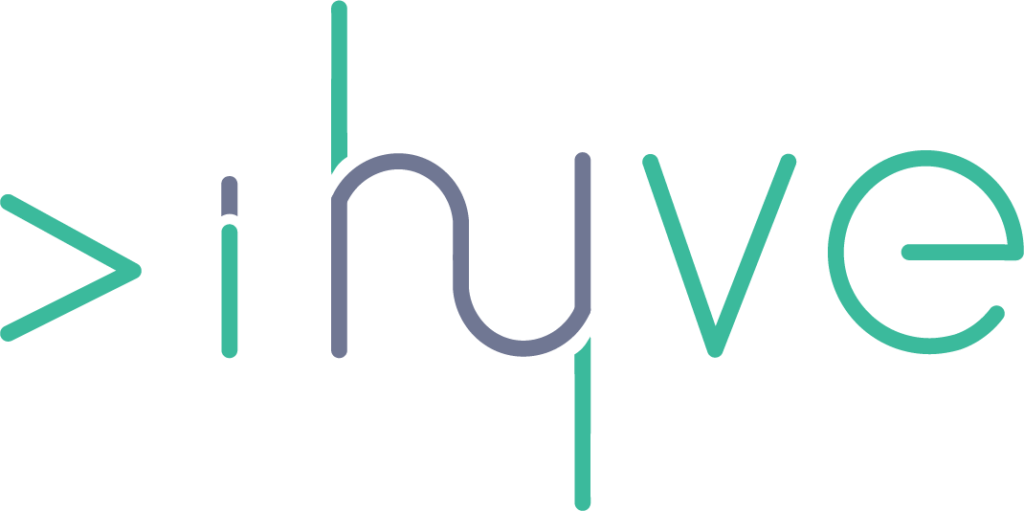This October at The Fintech Times is all about shining a spotlight on the incredible women working in the fintech industry, sharing their greatest achievements, their biggest challenges and how they can make a difference through mentorship and collaboration.
Though progress has been made to reduce the gender gap in fintech, the industry still has far to go until it hits true representation and champions full equality.
To help highlight the influential and significant contributions of women to the industry, we asked influential fintech leaders (who just so happen to be women) to share their thoughts on the importance of mentorship and knowledge sharing when fostering women’s talent in the industry.
Navigating the industry
Kim Minor, senior vice president, global marketing at Provenir,
Kim Minor, senior vice president, global marketing at AI-powered credit risk decisioning platform, Provenir, said:
“Per Deloitte, when reviewing the most senior roles in financial services institutions globally, women held 21 per cent of board seats, 19 per cent of C-suite roles, and 5 per cent of CEO positions in 2021. While the global financial services industry has made strides over the past few decades to improve gender equity, clearly there is still much more to do. This is why it is important to have a community of women who can offer perspectives to further the ongoing advancement of female talent in the fintech industry. In fact, The Equity Imperative report recommended that financial services organisations can help improve gender equity through ensuring that company leaders offer continued support through sponsorship, mentorship, and allyship programs and networking opportunities for women at all levels. Sharing how to navigate a male-dominated executive suite is important as women’s success in the industry requires a high degree of strategy and managing the narrative.
“We now see programs and initiatives focused on diversity and inclusion offered regardless of organisational size. Making women aware of what’s offered and taking advantage of the programs is another challenge. I encourage all women as they enter the workforce to find great mentors and let them support you as you navigate the industry.”
Juggling work and home
Jackie Toole, vice president of financial services at NTT DATA
Jackie Toole, vice president of financial services at NTT DATA, innovator of IT and business services, said:
“I think mentorships are very important and it’s not just about women mentoring women. I’ve had a lot of success in my career with support from both male and female advocates. I am at the point in my career where I’m trying to give back more too but I feel like I get as much out of the mentorships as the person that is being mentored. I learn more about the organisation and it helps me understand what’s happening in other areas to me.”
Robin Gregg, CEO, RoadSync
Robin Gregg, the chief executive officer of truck and freight logistics and payments company, RoadSync, said:
“Mentorship is undoubtedly valuable, but what women truly need is comprehensive support to assist them in juggling work and home life. I’ve been fortunate to have outstanding mentors and friends who have provided guidance and assistance throughout my career. But even more critically, the managers and organisations that offer support and ensure smooth maternity leave experiences are making a critical contribution to empowering women in higher positions. When my children were little, I had an exceptionally understanding male boss who allowed me the flexibility to manage my schedule and workload in a way that worked for me. This support was indispensable to my success during what are extremely demanding years for many women.”
Fostering talent
Martha Salinas, chief commercial officer, TreviPay
Martha Salinas, chief commercial officer at TreviPay, a B2B embedded payments company, said:
“Mentorship and knowledge sharing are key to fostering talent for both women and men. A report the Fintech Diversity Radar of roles at global fintech companies found that men make up 81 per cent of company executives and 89 per cent of board members. Because of this imbalance, women must be intentional about providing mentorship and sharing knowledge with other women. If we are not intentional about it, we will never get to a place where we have a more balanced representation for both women and men.
“Research shows people gravitate toward those they most identify with, which means it is more natural for men to provide mentorship to other men. To create a truly equal opportunity environment, we must be aware of the dynamics and be intentional to change them. It starts by being aware of the unintentional dynamics that create the imbalance.”
Demonstrate and succeed
Bhumi Bhutani, co-founder, Way.com
Bhumi Bhutani, co-founder of the fintech auto app start-up, Way.com,said:
“Mentorship is vital for fostering women’s talent and drawing out the best women can do in this industry. To begin with, fintech is a field populated mostly by men. With fewer opportunities for women to shine, it becomes even more critical to include them wherever possible and give them a chance to demonstrate and succeed.
“Early in my career in this industry, I was fortunate enough to be extended the opportunity to be mentored by not one but a few leaders in this industry. If I had not had these opportunities of learning in a trusted environment, the chance to speak freely and ask simple questions to gain industry knowledge quickly, the chance to fail without prejudice, and further to be provided with and placed on a step-ladder by which through a series of warm and inner-circle introductions—I would not have been able to flourish eventually as a leader of my own right in this industry.”
Mutually beneficial
Danielle Pepin, head of product, portfolio monitoring and valuation, ESG, and Mobile at Dynamo Software
Danielle Pepin, head of product, portfolio monitoring and valuation, ESG, and Mobile at Dynamo Software, alternative asset management software providers, said:
“Mentorship and knowledge sharing are critical to growing talent in fintech. But, the toughest part isn’t setting up formal mentoring programs – it’s extending the informal mentorships to include more people and cross traditional boundaries. Some of the open-handed knowledge sharing and mentorship that blossoms in healthy and inclusive environments are hard to transplant because they happen organically when people feel respected and secure. It can’t be replaced with formal programs if they ignore the roots of these relationships.
“I’ve found the best approach is to keep in touch with people you have respected and learned from, and think about how the relationship can be mutually beneficial. It can also be wise to put titles aside. Mentorship isn’t about getting someone with “Chief” in their title to talk to you once a month; it’s about finding someone you can learn real skills from. My best mentor early in my career was a financial analyst several years younger than me who shared so much valuable advice from her background and life experience that it completely changed my career path. My formal mentor at that time was a vice president, but this informal relationship was ultimately much more impactful.”
Unique Challenges
Misty Beaulieu, Head of Operations & Risk, North America, at Worldline,
Misty Beaulieu, head of operations & risk, North America, at payments processor, Worldline, said:
“Mentorship and knowledge to foster women’s talent is extremely important. Women face many unique challenges from gender biases to different societal expectations. Being able to see representation and role models in leadership positions in the payments industry was key for my career development. It allowed me to see that it was possible to be a leader in this industry and gave me the confidence to be more assertive and a stronger advocate for myself to achieve my goals.
“I have had the great privilege to help to build a community for the free flow of ideas, support, and advice at Worldline. This will ultimately support women to build one another up to work alongside each other in advanced roles rather than continuing to compete against one another for the same number of junior roles.”
The post Women in Fintech: The Importance of Mentorship with Worldline, TreviPay and more! appeared first on The Fintech Times.





